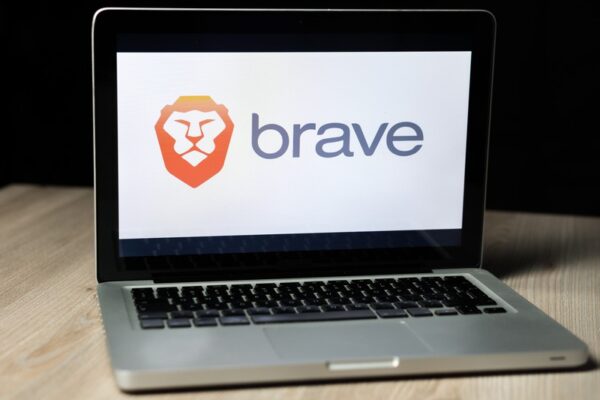
Generally speaking, Tor aims to solve three privacy problems:įirst, Tor prevents websites and other services from learning your location, which they can use to build databases about your habits and interests. I’m not an expert, so if you’re interested in the privacy features of Tor Browser, I suggest you start by reading No, Tor Browser includes fingerprinting mitigations and sends your internet traffic through three different relays, hindering any one relay/server to know both your true IP address and the sites you browse. You may disagree, that is fine for me and I welcome discussion.ĭoes this mean that you could get the same level of privacy in Brave by simply just using a VPN? I consider it a personal ethical choice whether or not to boycott those products. I personally don’t deem it very relevant for Tor Browser users whether or not the a provider’s other products whitelist or contain specific tracking domains. Note that in this post I deliberately ignore the privacy practices contained in these search providers’ other products.

It will be interesting to see how this one matures as well, and whether or not it will continue to be Tor-friendly.

I don’t think their search results are as good as the larger providers, especially for regional content, but this may change. They claim to not store IP addresses (but they do process it in some way) or user agents. They rely on their own web crawling for all search results. Considering that the feature is opt-in, and again assuming that their engine builds on this usage data, I am surprised at how good search results their engine provides me with.Īnother up-and-coming search provider I deem interesting is yep.com. I have not found clear information on how this crawling is conducted, but it seems that they use usage data from Brave Browser users.

They state that a large majority of search results result from their own crawling, from something they call the Web Discovery Project. But I am interested in knowing more about their independent web crawling methods. I assume (but can’t confirm) that DuckDuckGo works the same way.Īs for Brave Search, I don’t want to judge it straight away as it’s still a rather new search engine. They also transmit search queries to their “partners” (including Bing), presumably to be able to extract and display the search results. They will also read your user agent, but it’s not clear whether this gets linked to your IP address. Metager notes in their privacy policy that IP addresses and timestamps of searches are stored for 96 hours, then presumably deleted. So any personal information entered into that search box is saved.Īs to tracking your ad clicks, I cannot remember the last time I saw an ad on DuckDuckGo, so I cannot myself evaluate how they look and behave. Note that DuckDuckGo does store search queries. But even if they do, Tor Browser should protect you against this (what can be extracted is the IP address of the exit node and the generic user agent shared by thousands of other Tor Browser users). According to their privacy policy ( DuckDuckGo Privacy) they don’t store your IP or browser user agent.
#Brave safe search full#
Not full of trackers and things that can be used to fingerprint a browsing session.ĭuckDuckGo is not full of trackers, but they use their own in-house analytics.


 0 kommentar(er)
0 kommentar(er)
